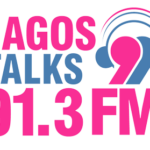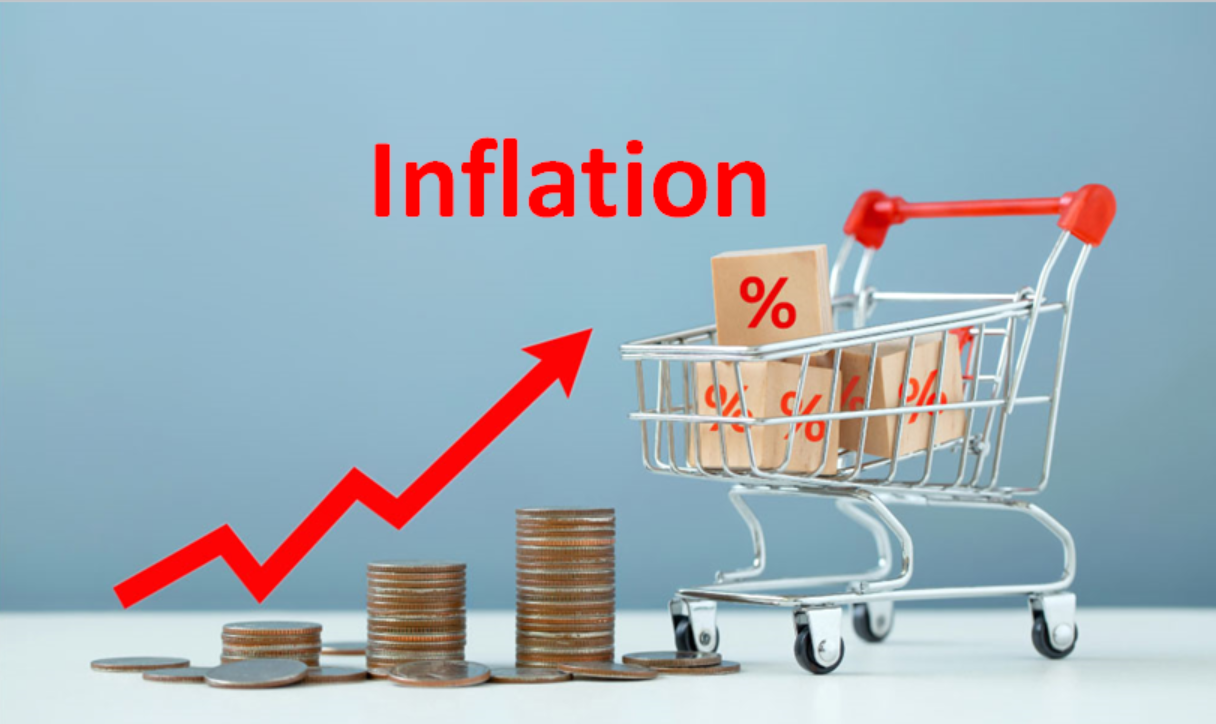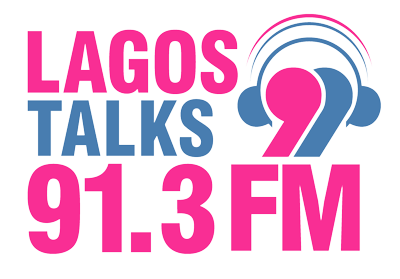The National Bureau of Statistics (NBS) has reported a further increase in Nigeria’s annual headline inflation rate to 29.90% in January, up from 28.92% recorded in December 2023.
According to the latest Consumer Price Index (CPI) report released by the NBS, rising food prices were identified as a major contributing factor to this uptick in inflation.
The January 2024 headline inflation rate represents a 0.98 percentage point increase compared to the previous month. On a year-on-year basis, the inflation rate surged by 8.08 percentage points from January 2023, which stood at 21.82%.
Additionally, the report revealed a month-on-month increase in the headline inflation rate, reaching 2.64% in January 2024, up by 0.35 percentage points from December 2023.
Of particular concern is the sharp increase in food inflation, which rose to 35.41% year-on-year in January 2024. This marks a significant 11.10 percentage point increase compared to January 2023 when food inflation stood at 24.32%.
The surge in food prices has been attributed to various factors, including the abolition of fuel subsidy payments announced by President Bola Tinubu during his inauguration on May 29, 2023. This policy change has had ripple effects across the economy, contributing to the overall increase in the cost of living.
The escalating prices of staple food items and other essential commodities have severely impacted the purchasing power of many Nigerians. With households facing greater difficulty in affording daily meals, the situation underscores the urgent need for measures to mitigate the effects of inflation on vulnerable segments of the population.
As inflation continues to rise, policymakers are confronted with the challenge of implementing strategies to stabilize prices and ensure food security for all citizens














